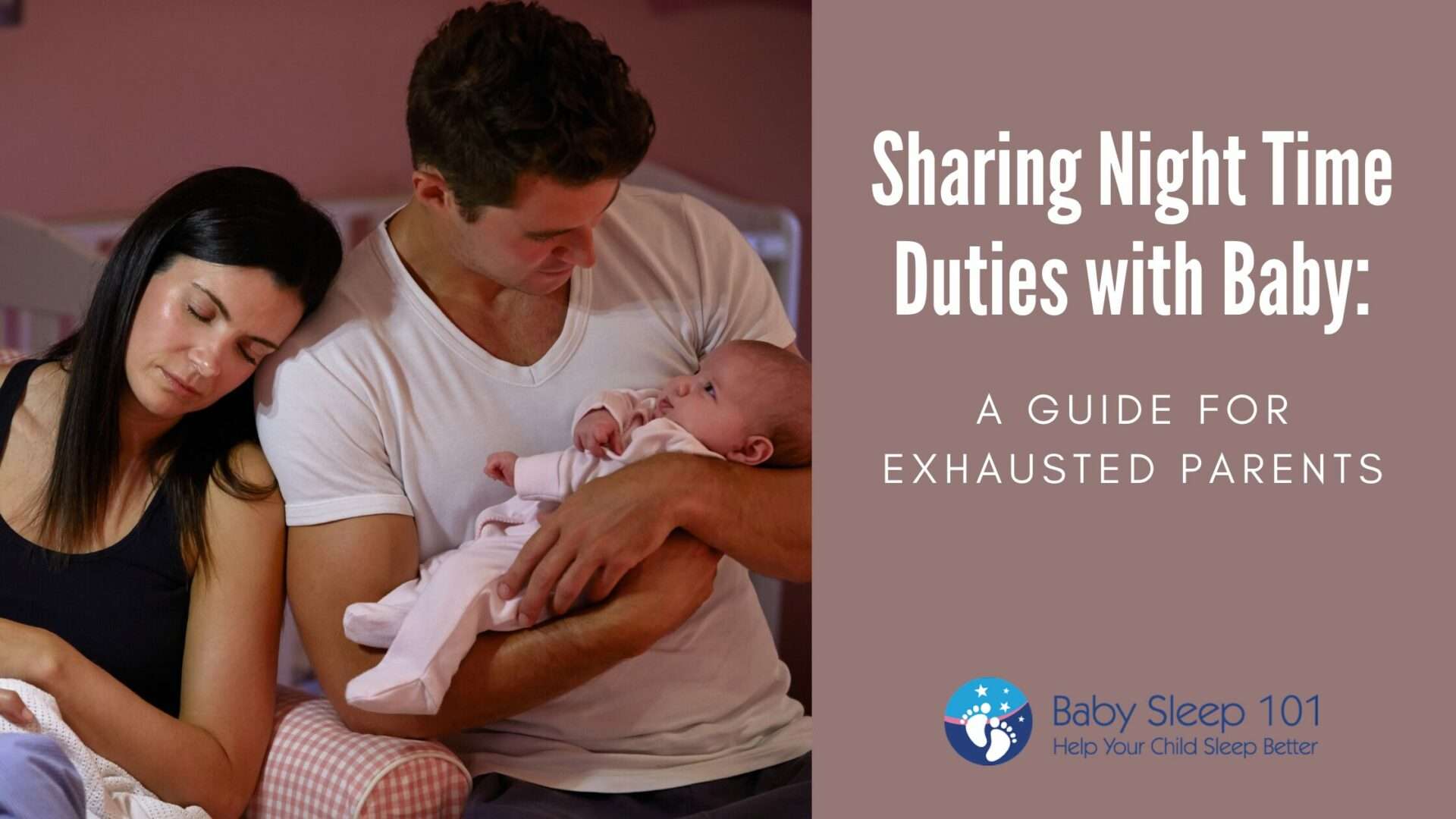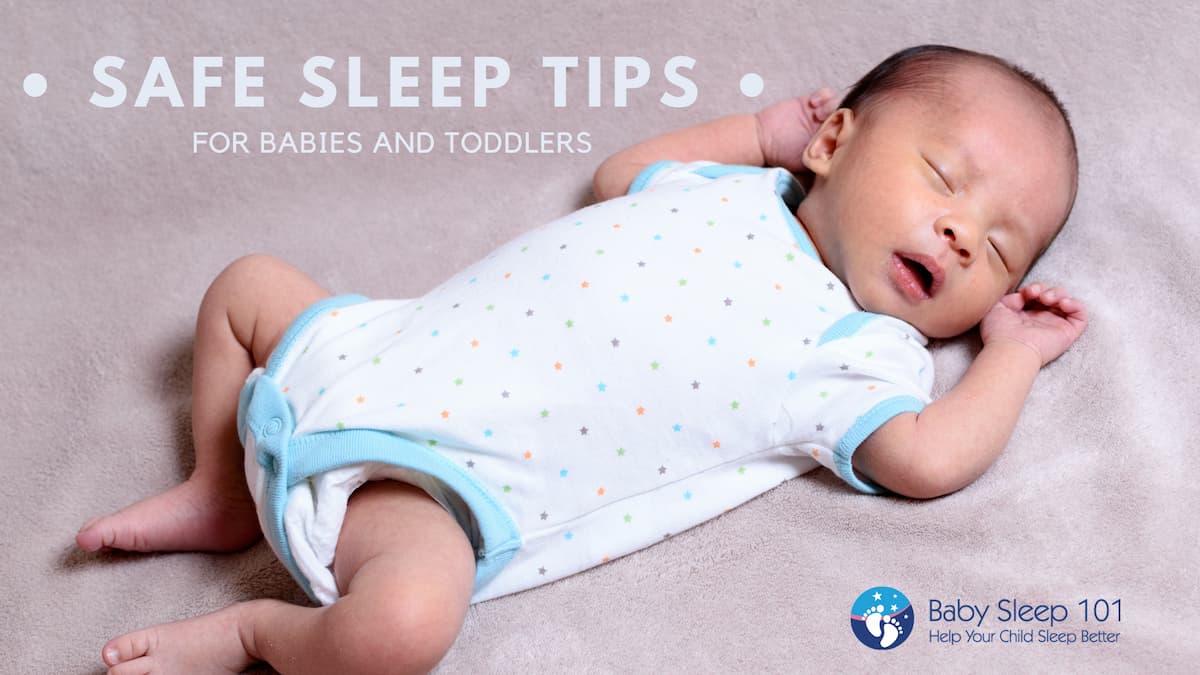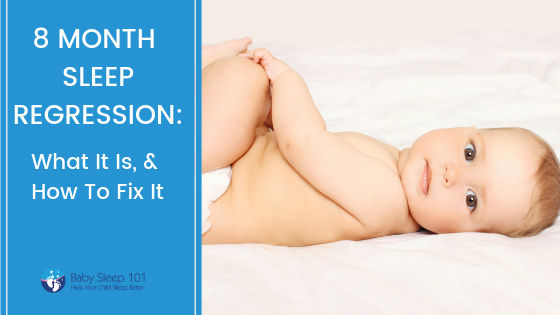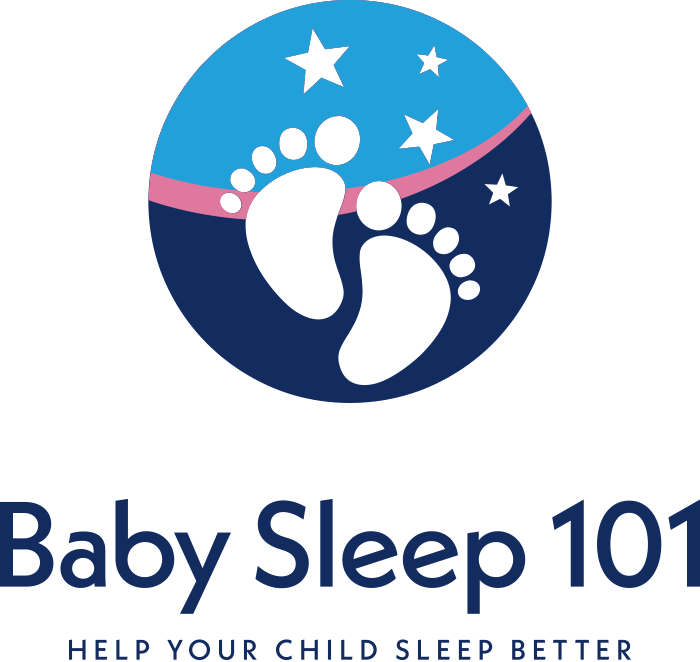Do you have a baby waking too early? If so, does this sound familiar;
You’ve just struggled with getting your child down for the night for what has felt like an eternity. Finally, you can leave her room and go to bed yourself. When you wake next, it’s because you hear your child up and ready to start the day. Looking at the clock, you see that it’s 4:45 am.
Rushing into her room, you try every trick;
…bottle,
…breast,
…rocking,
…holding,
…singing.
But alas, she just will not go back to sleep. By this time it’s 5:30am and you have had enough so you turn on the lights and decide to begin the day.
If the above scene strikes a chord with you, you’re not alone. As a sleep consultant, I hear from many parents that struggle with their child waking up too early to begin the day. Below is a list of the five most common reasons children wake up early and suggestions on how to deal with them.
1. Realistic Expectations
Your baby waking too early can have many root causes, but first, it’s important to have realistic expectations of your child and define what waking “too-early” actually means. If your 8 month old regularly wakes at 6:15am, while it may be early for you, it is actually age appropriate. Anything after 5:30am is considered biologically appropriate for children under 5.
But take heart, while 5:30am does falls into the category of age appropriate, it is on the rare side for a child to wake at this time (do I hear a collective “whew” ?). Most children are naturally wired to start their day a little later; between 6:00-7:00am.
Solution:
Become familiar with your child’s regular sleep patterns and how it relates to normal wake up times. If your baby regularly sleeps until 7:00am but starts to progressively wake earlier and doesn’t seem well-rested, you may be dealing with early wakings (EWs) even if it’s after 5:30am. Therefore, it’s important to know what is a typical sleep pattern for your child.
But, if your baby wakes up after 6:00am and is happy and able to easily make it to nap time, then you may just need to adjust your expectations and go to bed a bit earlier yourself. 🙂
2. Overtiredness
The number one cause for a baby waking too early, is due to being overtired the day or night before. As contrary as this sounds, children usually wake up too-early because they have a too-late bedtime.
Often parents may keep quite a consistent nap routine but bedtime becomes the culprit for the overtiredness and they put their child to bed too late. Many parents will say that their child doesn’t appear tired before ” X” time, and often they wait until they see eye-rubbing, yawns and meltdowns.
But the appearance of these signs usually indicates that a child has missed their sleep window and has moved from tired to overtired. Overtired children do not sleep as well as a child *just* starting to wind down.
Solution:
Bring bedtime up earlier consistently for at least 2 weeks. How much earlier will depend on the age of your child and their current nap routine. But in general, most children do best with a bedtime between 6:00-7:30pm.
Need help getting your child to sleep through the night? Download your copy of Help Your Child Sleep Through The Night; 5 Tips Every Parent Needs To Know
3. A Baby Waking Too Early Due to Insufficient Naps
Late bedtimes aren’t the only place where a child can become overtired. Not getting the proper amount of naps during the day can also lead to sleep deprivation. Sometimes naps can be a struggle to establish and in the beginning we get stuck with short naps, but naps that refresh and re energize a child, are essential for a healthy sleep routine for most children 3 and under.
Solution:
Work on establishing long and restorative naps for your child and it can help with the early mornings as your child works on their sleep debt. Keep bedtime early if their naps are not over an hour to help compensate for the missing sleep.
4. Hunger
There is a lot of varying opinions about when a baby can go all night without needing to eat. As a sleep consultant my philosophy is that under 9 months of age, some babies, especially breastfed, may still need to eat at night. However, there is a difference between needing and wanting.
On average, after 4 months of age, if a baby needs to eat during the night, they usually only need 1-2 feeds. A baby wanting to eat more than that, could possibly have developed a sleep association with the breast or bottle. (Always check with your child’s doctor if you are considering night weaning).
Once milk feeds (breast milk or formula) are well established, many babies will drop the earlier night feeds first and a 4:30/5:00am feed will remain for a while. If your child is under 9 months and is waking up in the early morning, they could be hungry, especially if they have gone since bedtime without a feed.
Solution:
Ensure that after 4 months of age, your child is taking full feeds regularly, and well-spaced during the day. The older a child becomes, the more social they are and easily get distracted while feeding, especially if feeds are happening too close together.
This can then result in extra night wakings, trying to make up for missed calories during the day. If this is happening, do milk feeds in a quiet room, to minimize distractions.
If your child is under 9 months of age and seems hungry, try feeding them at their early morning wake to see if they feed and go back to sleep. However, if you find that your child stays awake for a long time after the feed but is happy, the feed may not be needed.
5. Environmental Factors
Throughout the night, our brain alternates through both NREM (deep sleep) and REM (lighter sleep) patterns. If you were to document these cycles, the image or architecture of these patterns are reminiscent of waves. You can see a very simple version of this here.
In the early part of the night there are deep waves that show more cycles of NREM sleep and as the night progresses into the early morning hours, you see more shallow waves, representing REM sleep.
Since our brains are more frequently in the lighter stages of sleep in the early morning hours, we are all (babies and adults alike) more prone to waking from outside disturbances such as noises and lights.
Street traffic, morning song birds, the rising sun (especially in the summer), can all intrude into your little’s ones sleep and is more likely to wake them up during this time as opposed to the first few hours after bedtime.
Solution:
You can help to buffer early morning sound disturbances with by playing some white noise in your baby’s room. White noise can be as simple as turning on a fan, or a radio off the dial or more elaborate like purchasing a sound machine specifically designed to play monotonous sounds all night long.
If the early morning sun is the culprit, again, there are a range of options. While black out blinds can be purchased for your child’s room, garbage bags, dark sheets or towels can also be placed in their room to achieve the same effects for very little expense.
Whatever you choose to do, it’s important to be consistent for several weeks with any changes you make. Giving their body time to adjust to sleeping in a little later in the morning does take some time, therefore patience is essential.
If you are needing help to determine why you have a baby waking too early, please contact Baby Sleep 101 and we can put together a customized sleep plan that is perfect for your child.
Have a question? Join Baby Sleep 101 for a free weekly Q & A session on the Baby Sleep 101 Facebook page.
Need help getting your child to sleep through the night? Download your copy of Help Your Child Sleep Through The Night; 5 Tips Every Parent Needs To Know
















Investing in blackout blinds created an almost immediate improvement. Naps lengthened and our baby woke up 30-60 minutes later. It makes a huge difference to have blackout blinds as the days get longer. It’s an investment that’s worth every penny.
This describes my child to a T! Nothing seems to fix his early waking though. He’s 11 months old, sleeps through the “night,” but he’s up around 4:30 every morning. Naps are a struggle because he’s so overtired–I can put an obviously tired baby in his crib, and he’ll still cry for as much as 1.5 hours without falling asleep. When he does eventually fall asleep for a nap, they last anywhere from 30 minutes, to 90 on a good day. We had been doing bedtime at 7:30, but tried moving it waaay up to 5:30 PM in order to make up some of the lost sleep. He ended up getting almost a full 11 hours of sleep one night this week with the very early bedtime, but then this morning he was up a 3 AM. Feeding him doesn’t get him back to sleep. If daddy gets up with him, he’s content to just play without needing to eat; hunger doesn’t seem to be a factor. It’s definitely a case of overtired plus insufficient naps, but nothing seems to help us conquer this.
Hi Sarah, your story sounds so familiar. I have an 11 month old now who is waking up at 4:45 every day like clock work. She sleeps through the night from 7pm, naps well, however since the time change she’s been waking up earlier and earlier. I’m curious if you had any luck getting more sleep?
My 4 month olds woke up at 5:30am. And refuse to go to sleep after diaper changing + dont want to be feed. Its intense when i also having my pms for the first time after giving birth. Thank god for my husband who works at 8 in the morning can tolarate for a couple of days. He’s the ome who carry our daugther out from the room and came back with her getting sleepy. But i really cant take it if its became her routine.